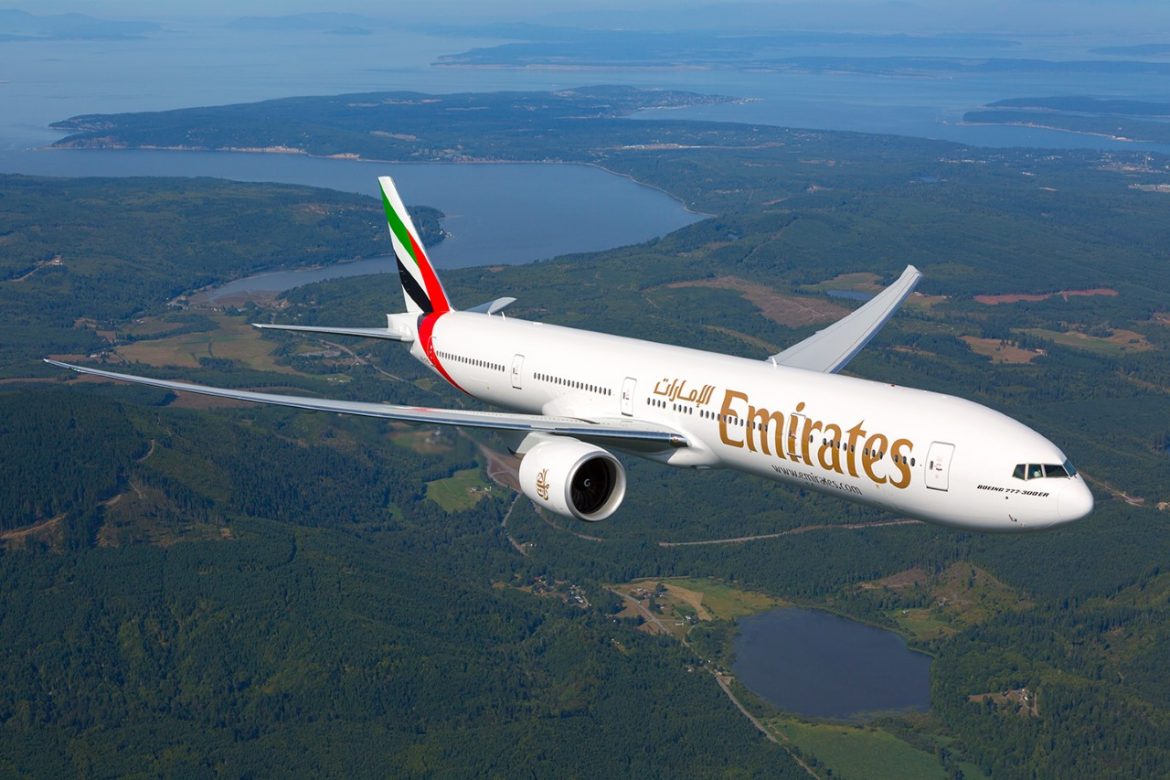- Emirates has been serving Lebanon for more than 30 years, in what ways is this market important to the airline?
Lebanon is a very important market for Emirates in this region. At the moment, we operate double daily flights to Beirut, and we consistently record robust demand across our passenger and cargo operations both inbound and outbound. Given our strong global network, especially across North and South America, Africa, Australia and other regions that are home to a thriving Lebanese diaspora, we have become the airline of choice for many travelers looking to venture home throughout the year. We’re also committed to supporting Lebanon’s tourism recovery, and help connect travelers from key source markets to the country.
- Has the crisis that Lebanon has been going through for the past 3 years (from COVID to the economic environment) affect Emirates strategy in this market? And how?
Of course the pandemic was the worst crisis we’ve ever experienced as an airline and as an industry. We had to downgrade our operations considerably and then began building up our operations in line with progressive demand, starting with cargo and then with passenger operations.
Emirates was one of the first airlines to resume passenger flights to Beirut after the reopening of Beirut Rafiq Hariri International Airport, which underscores our commitment to the country and helping connect its people.
Lebanon’s passenger traffic has bounced back considerably and we now have recovered our operations with two daily flights, and are reviewing the possibility of expanding our schedule further for summer. In spite of the economic downturn, Lebanon is a market that has traditionally performed strongly, especially in the premium classes, and it continues to outperform with high seat load factors in First and Business Class.
Globally, we’ve seen accelerated recovery over the course of the last eighteen months, as most markets dropped pandemic restrictions on international travel. Travel demand bounced back with a vengeance. In the first six months of this financial year, we carried 20 million passengers globally, up 228% from the same period last year and directly proportionate to the capacity we are currently operating, and considering that we are running at very healthy seat load factors.
- What can you tell us about the recovery, in numbers?
Financial results will be announced in May; what I can say now is that it demand remains very strong across our network and we expect our positive performance momentum to continue.
Not only is demand strong across our network and of course in Lebanon, we are also seeing considerable Dubai demand. Dubai remains a highly popular destination for leisure and business, it continues to have a strong pull; new attractions coming up on a monthly basis helping to encourage new and repeat visitation. This is demonstrated in the fact that almost 23.7 million travellers flocked here in 2022, with around 21.8 million visits done through air transport, and we’re proud to have contributed to this incredible figures.
This year, Emirates’main focuses continue to be our network and fleet restoration efforts and we are nearly there. All of these meaningful steps only build our revenue and profitability, despite inflationary impacts and higher fuel prices.
- Has the soaring global inflation had any effect on the regional operations? And on Lebanon in specific?
There are lots of forecasts around inflation, high energy prices, and the strong US dollar, driven in part by the war in Europe and supply-side challenges.
These factors do impact the cost of business. However, we haven’t seen a major dampening on consumer confidence and travel spend. Like everyone else, Emirates is keeping a close eye on costs and working closely with our suppliers. We’re also ensuring that we continue to attract and retain customers, by offering value for money and great travel experiences.
Broadly, we’re optimistic that seat loads and demand for international travel will hold strong across 2023.
- Any expansion plans for Lebanon in the near future?
Our objective right now is to maintain and grow our business. In the longer term, we will continue to assess and carefully analyse the market, its performance and needs, which will show if there are more opportunities for us to further expand our presence in Lebanon.

